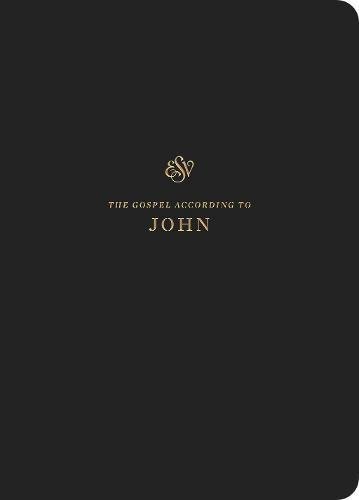What do you think?
Rate this book


128 pages, Paperback
First published January 1, 100
'Whoever eats my flesh and drinks my blood remains in me, and I in them' [...] On hearing it, many of his disciples said 'This is a hard teaching. Who can accept it?' [...] 'The words I have spoken to you - they are full of the Spirit and life. Yet there are some of you who do not believe'
'Though I have been speaking figuratively, a time is coming when I will no longer use this kind of language but will tell you plainly about my Father'
Even after Jesus had performed so many signs in their presence, they would still not believe in him. [...] For this reason they could not believe, because, as Isiah says elsewhere: 'He has blinded their eyes and hardened their hearts, so that they can neither see with their eyes, nor understand with their hearts, nor turn - and I would heal them'